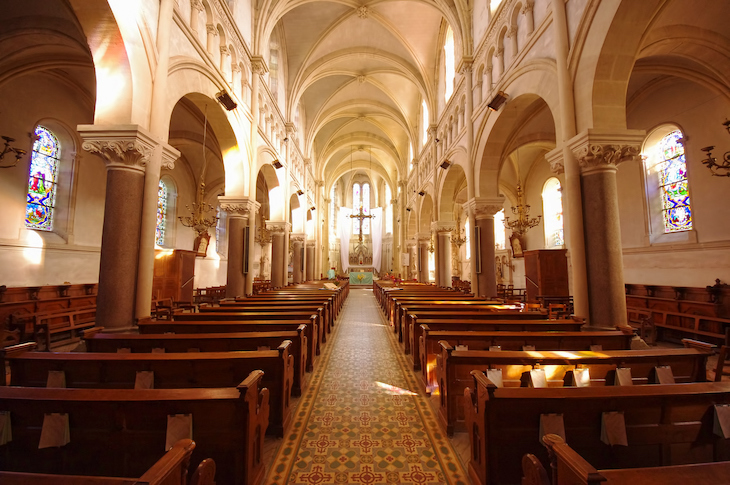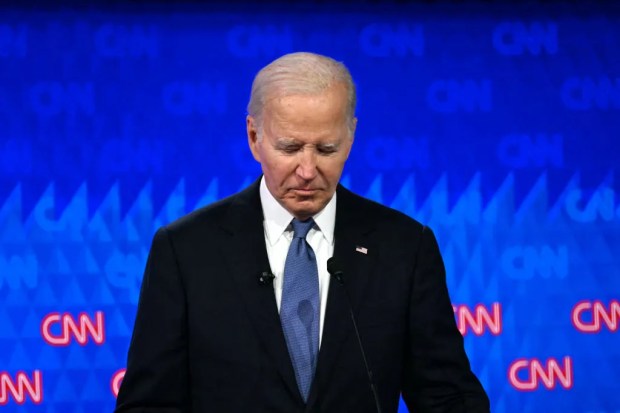If you’re of a certain age and you were brought up Catholic, you’ll remember ‘Good Friday’ as the most awful misnomer. It was the most miserable day in the Catholic calendar – the day we commemorated the death of Our Saviour.
Any display of happiness or cheer was strictly forbidden on Good Friday.
Already a subscriber? Log in
Subscribe for just $2 a week
Try a month of The Spectator Australia absolutely free and without commitment. Not only that but – if you choose to continue – you’ll pay just $2 a week for your first year.
- Unlimited access to spectator.com.au and app
- The weekly edition on the Spectator Australia app
- Spectator podcasts and newsletters
- Full access to spectator.co.uk
Or




















Comments
Don't miss out
Join the conversation with other Spectator Australia readers. Subscribe to leave a comment.
SUBSCRIBEAlready a subscriber? Log in